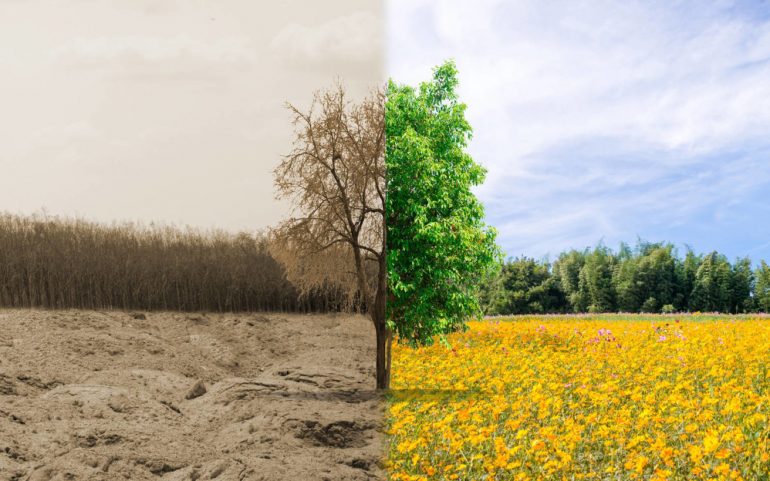A bleak setting is what composes the latest elements from climate research and exhibitions. Oceans, according to a recent study published in Science, are heating up 40% faster than previously thought, and climate change experts at the UN warn that rising temperatures could cause widespread flooding, drought, food shortages and fires. until 2040, unless drastic measures are taken.
Although at the international level people still have a long way to go to cope with climate change and its already visible consequences, some countries have made a positive contribution to the development of our planet. This is shown in the index Good Country Index, which seeks to "measure" the impact of each country in the world, such as its ecological footprint in relation to the size of its economy and the rate of renewable energy.
"Nowadays, globalization and mass interdependence all have an impact on the overall system at some point," Simon Anholt, an independent policy adviser, told the BBC. "I wanted to create the first indicator that measures what each country is causing to all of humanity, on the planet, outside its borders."
Greece ranks 42nd in the overall standings while in the "planet and climate" category it is in 24th place. It has the worst ranking in the category "prosperity and equality", with 108th place among 153 countries.
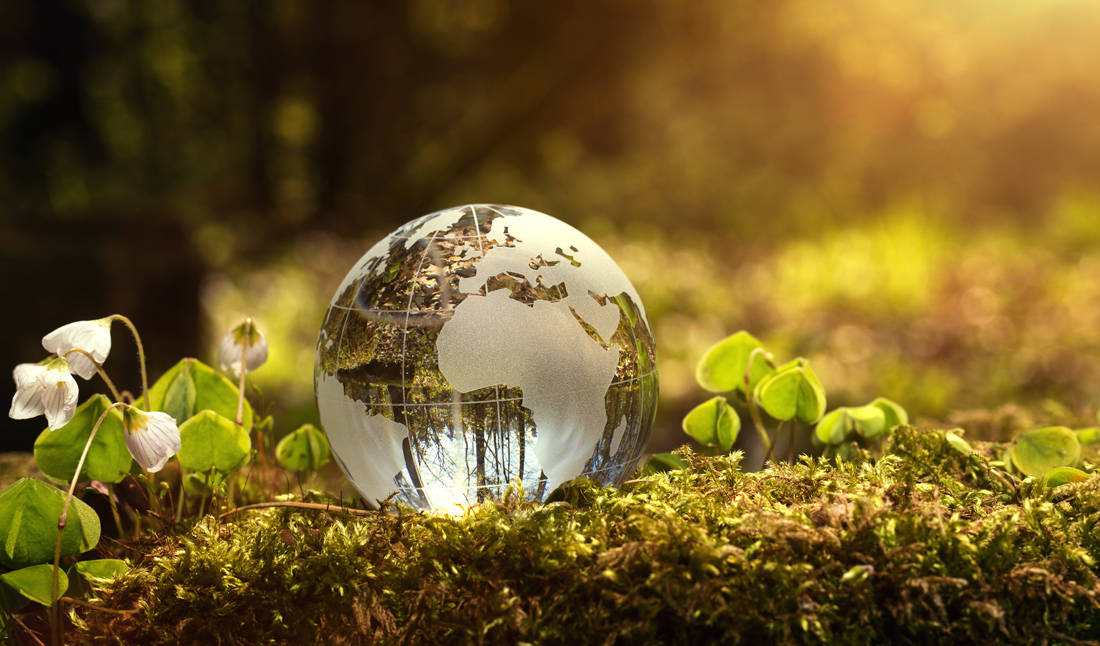
It holds (and) in this list the first place, for its positive contribution to the planet and the climate. The country is leading many environmental initiatives, such as electrification, while the government has pledged to be climate-neutral by 2030.
However, in the case of Norway, the relationship of citizens with the natural world moves far beyond the bounds of politics. Norwegians preach the "friluftsliv", a concept described as "life in the open" and emphasize the importance of spending time outside to be healthy and happy.
"It's part of our deep-rooted culture and something that many respect, as a religion," says Norwegian Axel Bentsen, founder and CEO of Urban Sharing, a company that runs the Oslo City Bike bike sharing program.
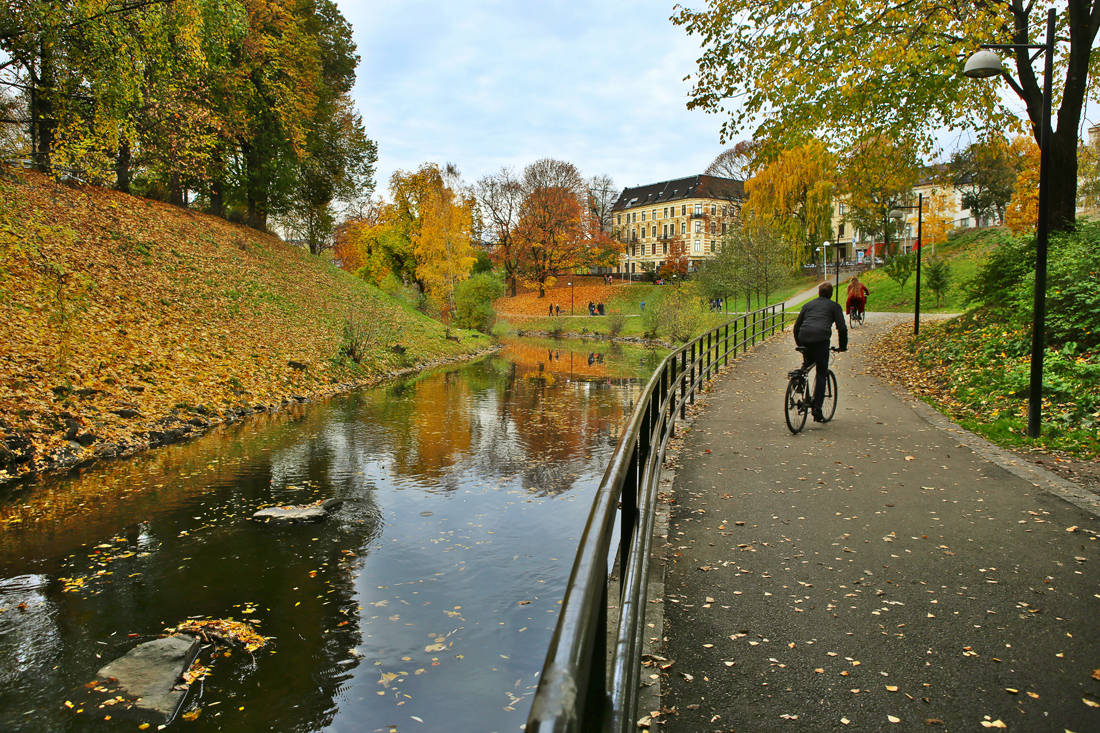
"We spend time outdoors, our babies sleep outside. Our capital, Oslo, is unique in that you can get directly into the woods by public transport, so it's something many do before or after work. "
Oslo has been named the "European Green Capital 2019" by the European Commission, for its work in restoring its channels, for investing in public transport and cycling, and for its innovative approach to the climate budget, by measurement. of carbon dioxide emissions as done in the financial data. Oslo is also moving in the direction of a total blockade of cars from its center. "In the last year, it's been nice to see parking lots being set up to give more space to pedestrians and cyclists, and the infrastructure for the latter is being improved by creating more bike lanes," explains Bentsen.
Despite 99% of its energy Norway It is produced from renewable energy sources, specifically hydroelectric power plants, from its fjords and waterfalls, the country is still a key player in oil extraction and extraction, an issue that has even become a political issue that provokes controversy.
"Is it worth it to extract and export oil and gas because it brings in huge amounts of money spent on environmental infrastructure that would not otherwise be available?" wonders David Nikel, a Briton who has lived in Norway since 2011 and maintains the Life in Norway blog. "Many believe that the money invested in environmental infrastructure will inspire other cities and other countries and ultimately lead to a greener world. Others believe that there are two meters and two weights. It depends on who you look at it. "
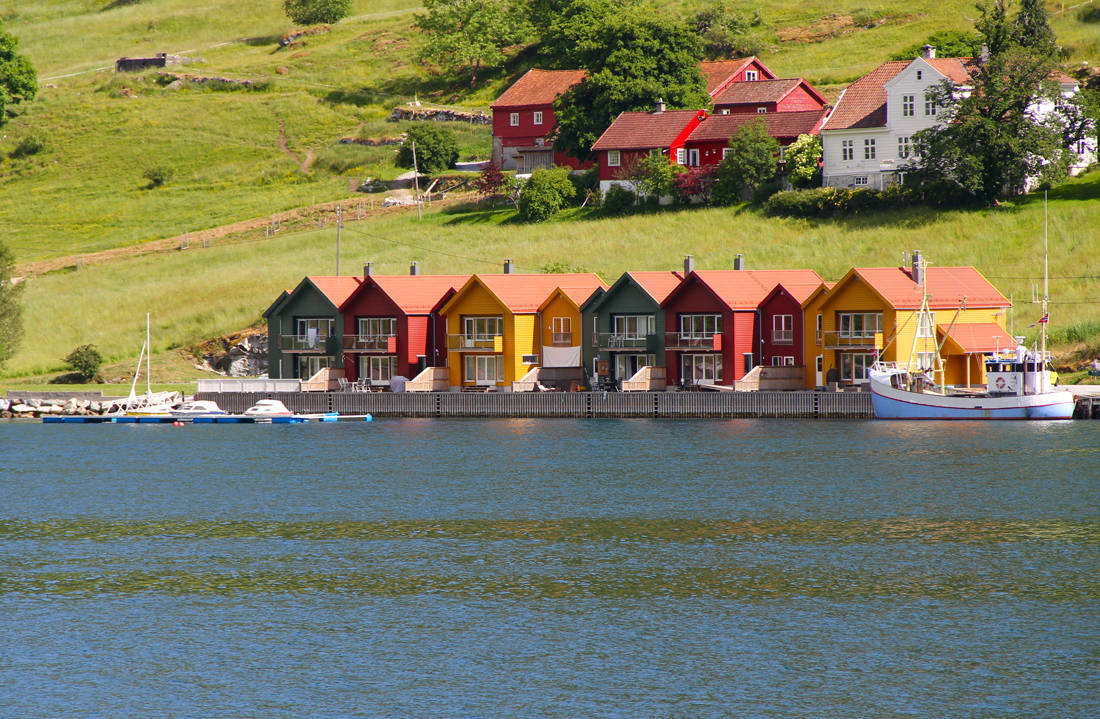
For her contribution to the planet, in the category "planet and climate", the Portugal ranks third. It stood out early in the investment in a full network of rechargeable stations electric cars (which until recently was free) while giving its citizens incentives to install solar panels, providing low costs and the opportunity to resell energy to the network.
"Most of my neighbors have either solar panels or a water pump. In my home, my parents have installed a pump that filters rainwater so that we can use it, mainly for watering, washing clothes and our pets, ”describes Mariana Magalhães, a Portuguese woman who now lives in the United Kingdom. She is still very impressed with how few electric car charging stations there were in London compared to the small rural town she comes from.

Η recycling and composting is a way of life in Portugal, with special bins in every neighborhood - and a separate one for batteries. Education plays a big role in making daily "green" efforts a reality. "At school we had an environmental education lesson and we often did a lesson in the nearby park to develop our love for the environment," explains Magalhães.
Portugal has been focusing on the agricultural sector for years and has used its natural resources. "On the border with Spain in the north you can see the mountains full of me renewable energy sources. There are hydroelectric dams in the lakes to produce energy from the water, "he added.
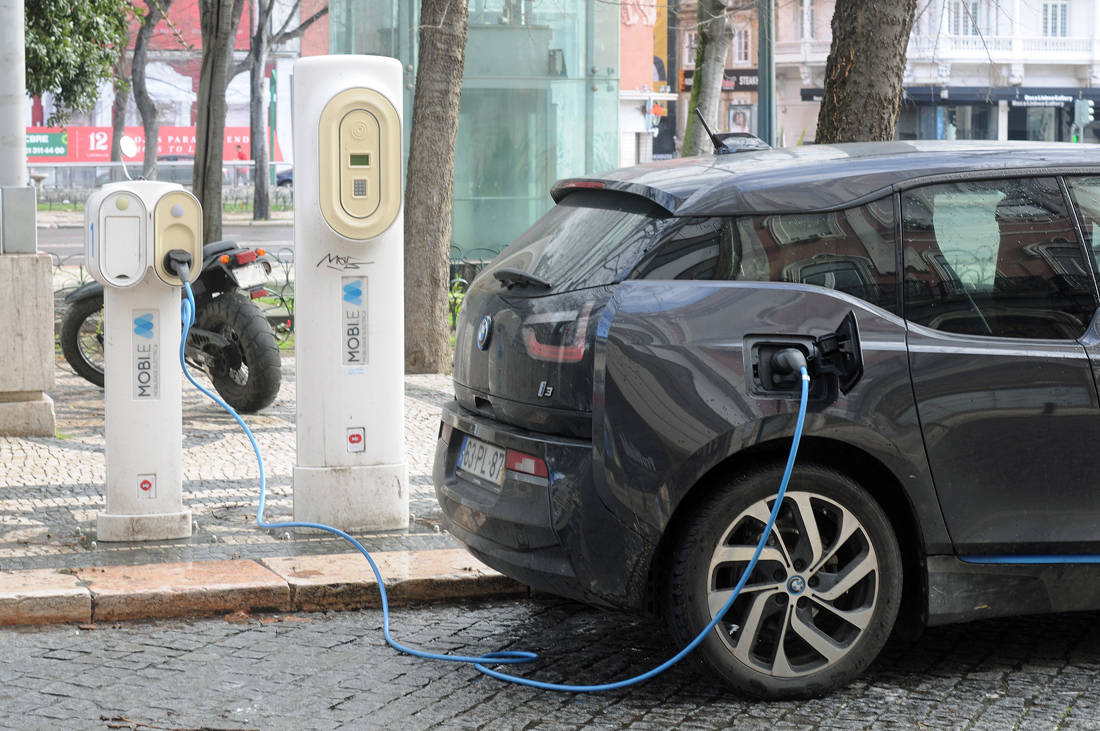
"We have conditions that favor the use of renewable energy sources," said Joana Mendes, director of bed and breakfast Molinum in southern Portugal. "They are more economical and we have gradually turned to them."
In Lisbon, bicycle use is not as widespread as in other European capitals, but more and more sustainable transportation methods are being used. "Electric scooters for rent are very successful," explains Wendy Werneth, an American who lived in Portugal for two years and has The Nomadic Vegan blog. "Residents of Lisbon have largely adopted electricity scooter as a friendly way to get around the city, ”he added.
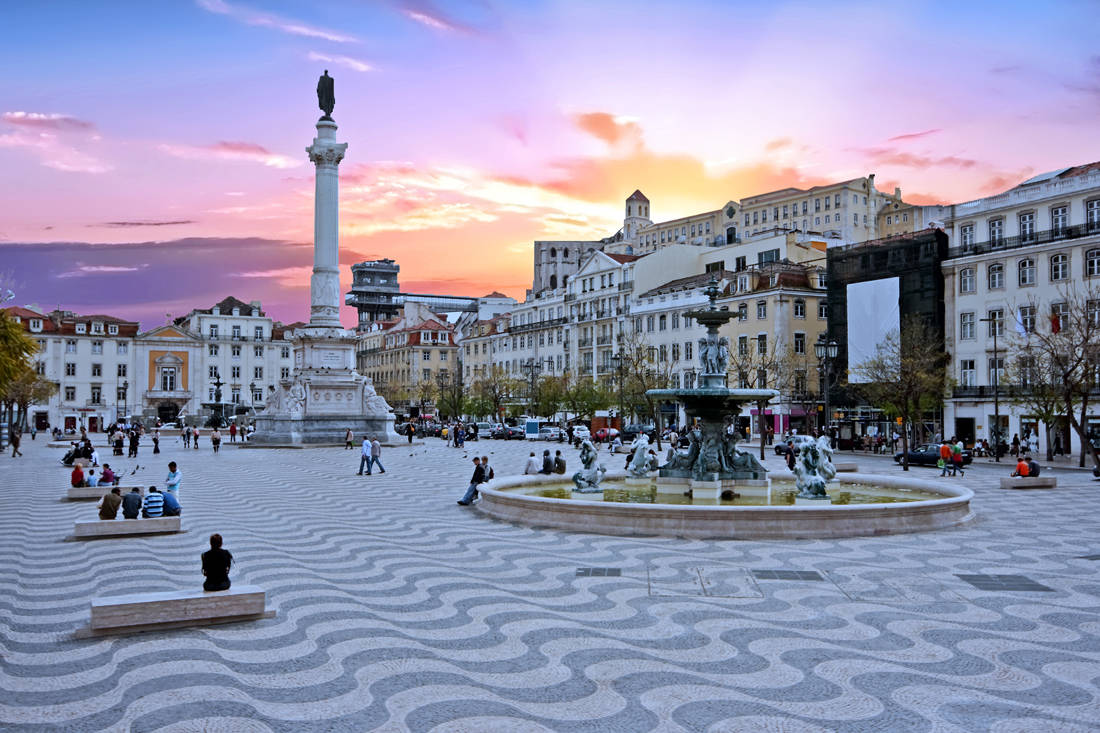
It is ranked 15th in the "planet and climate" category but is first among South American countries. Its social and environmental policies have made it a leader in terms of energy from renewable energy sources, both out of necessity and out of respect for the planet.
"Uruguay does not have oil reserves and has spent a lot on imports. So we started replacing oil-based fuels with clean energy, which was achieved in less than a decade, "said Lola Méndez, an American-Uruguayan. Today, 95% of electricity comes from renewable sources, mainly hydroelectric power, but is also provided by solar, wind and biofuels.
"In 2012, the percentage of energy from renewable sources in Uruguay it reached 40%, so there was a drastic change in a very short time, "adds Méndez, who maintains the Miss Filatelista blog.
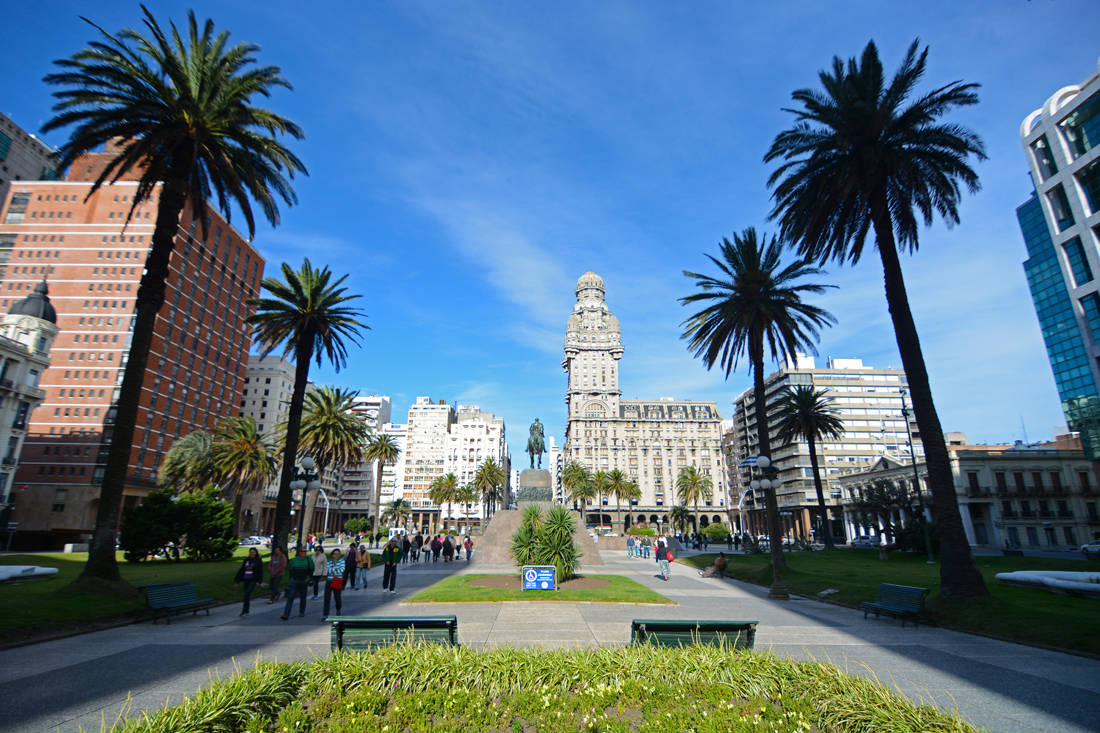
The Uruguayan commitment paid off as the country attracted global interest in the Paris Climate Agreement in 2015, for the great change it had achieved without state funding.
In addition to financial incentives, residents have developed close ties with the land itself over the centuries. "Uruguayans have always loved and respected Tierra Madre. From the native Charrúa to the gauchos that developed the herds of millions of cows and sheep, living on earth has always been the way to lead them to prosperity, ”he adds.
Public transport, which is mostly electric, is available in most major cities and Carrasco International Airport in the Montevideo capital is approaching full autonomy thanks to the facility. photovoltaic.
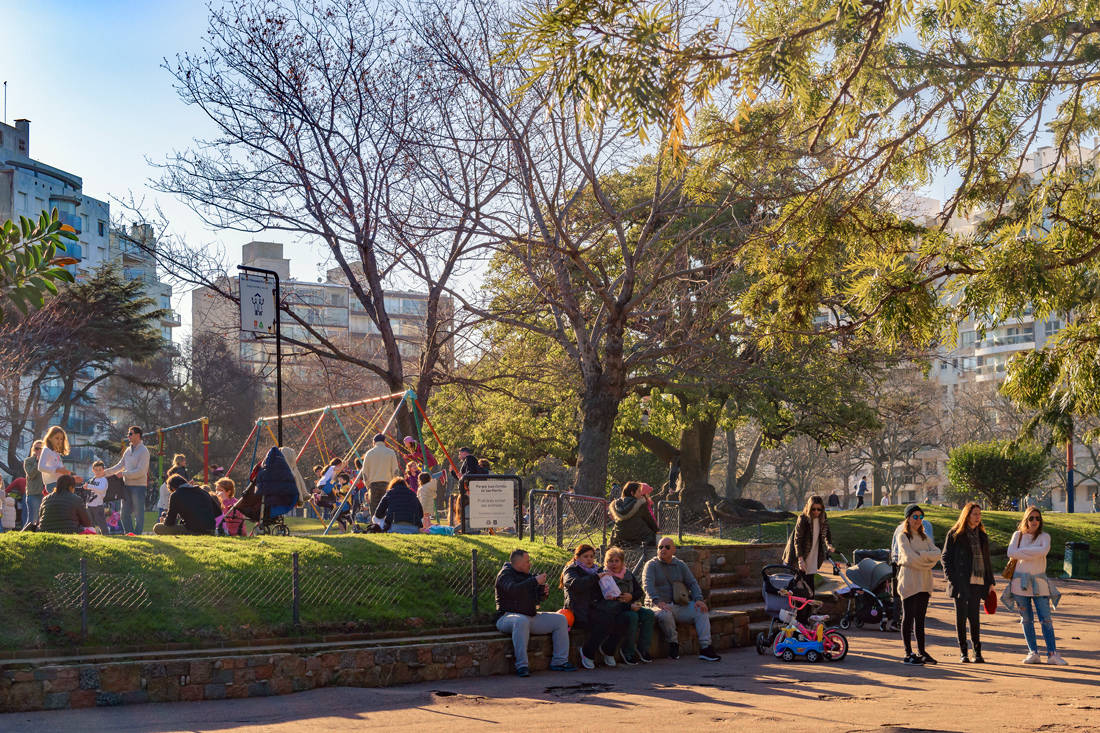
With extreme weather conditions and increasingly frequent droughts, h Kenya is already experiencing the effects of climate change. In response, the country's government is working to protect its agricultural economy by launching a Climate Change Action Plan, with a parallel commitment to reducing greenhouse gas emissions by 30% by 2030.
Another effort that has helped Kenya reach 26th place in the "planet and climate" index is the recent ban on the use of plastic bags, aimed at protecting waterways and the local environment. Prohibition is one of the strictest in the world, as it provides for imprisonment and heavy fines for residents and tourists if they use plastic bags.
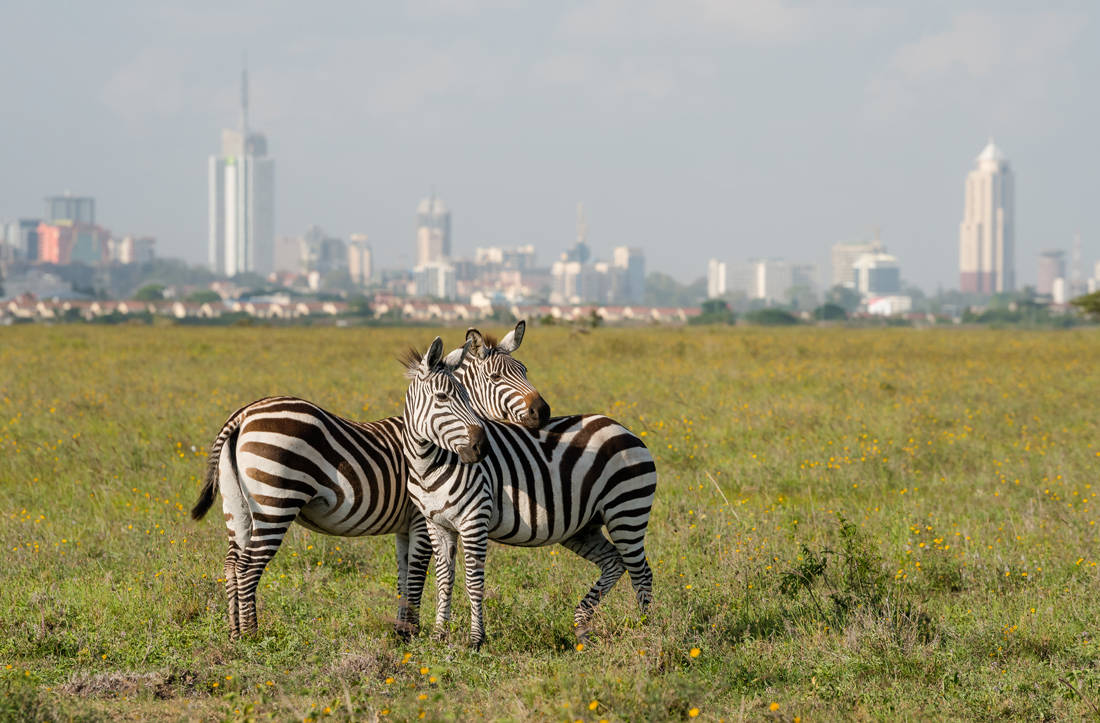
However, government intervention is not always needed to protect the environment. "Local communities have traditional environmental protection systems, and they work," said Faye Cuevas, an American who lives in Nairobi and is vice president of IFWA, the World Animal Welfare Fund. "The Maasai Loita Forest is an example, it is one of the few remaining forests in Kenya that is managed by natives and is in excellent condition, largely because local rules and traditional systems are able to protect it."
For the Masai, the family and the environment cannot be separated. "When you hear the Masai greet each other, the greeting is a series of exchanges of information. First they talk about the environment, the rains, the grazing, the water. Then they talk about the herds and finally about their families, "explains Kenyan John Kamanga. "The same traditional principles are used in all aspects of life, as the lack of a healthy environment means the lack of herds, it means the lack of children, it means the loss of traditional culture and the traditional way of life."
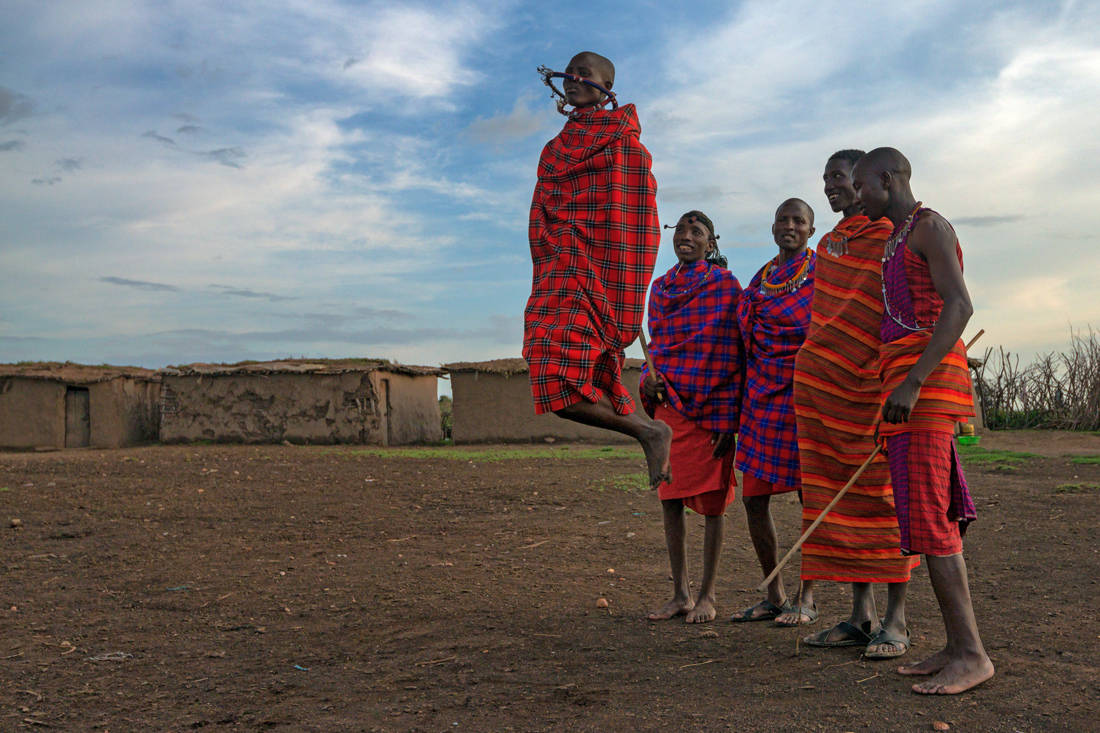
It ranks 39th in the "planet and climate" index but is in the highest position among Asian-Pacific countries. THE New Zealand It takes its natural resources very seriously, mainly because its economy, which is based on agriculture and tourism, depends on them.
"Our country is known around the world as 'pure green New Zealand' and our identity is intertwined with that," said Brendan Lee, who blogs on Bren on the Road. "We are very proud when visitors tell us that nature is beautiful, that our country is beautiful."
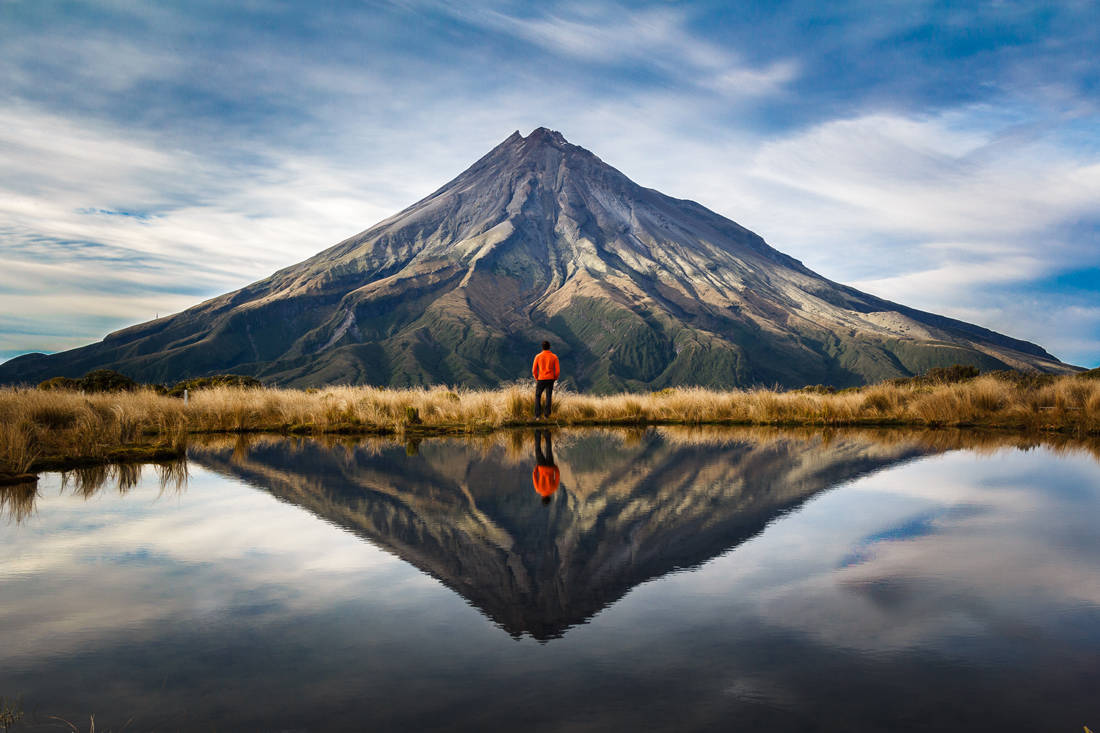
Due to mainly methane emissions from numerous herds and livestock, but also the growing energy industry, New Zealand is among the first in the per capita gas emissions. But the country has set up a cross-party committee in its parliament to set up Net Zero in New Zealand, a plan to record the policies needed to achieve zero emissions by 2050.
Although New Zealand has as many as two-thirds of California's population, it has a population of as much as 10% of the US state's population, so it doesn't have to worry so much about environmental issues such as air pollution or overflowing with landfills. compared to other urban centers. However, that has changed in recent years. "It's very rare to see landfills in New Zealand overflowing plastic or plastic bottles and plastic bags floating in streams. So it's something we don't see and take out of our minds, "says Lee. However, this has also changed in recent years.
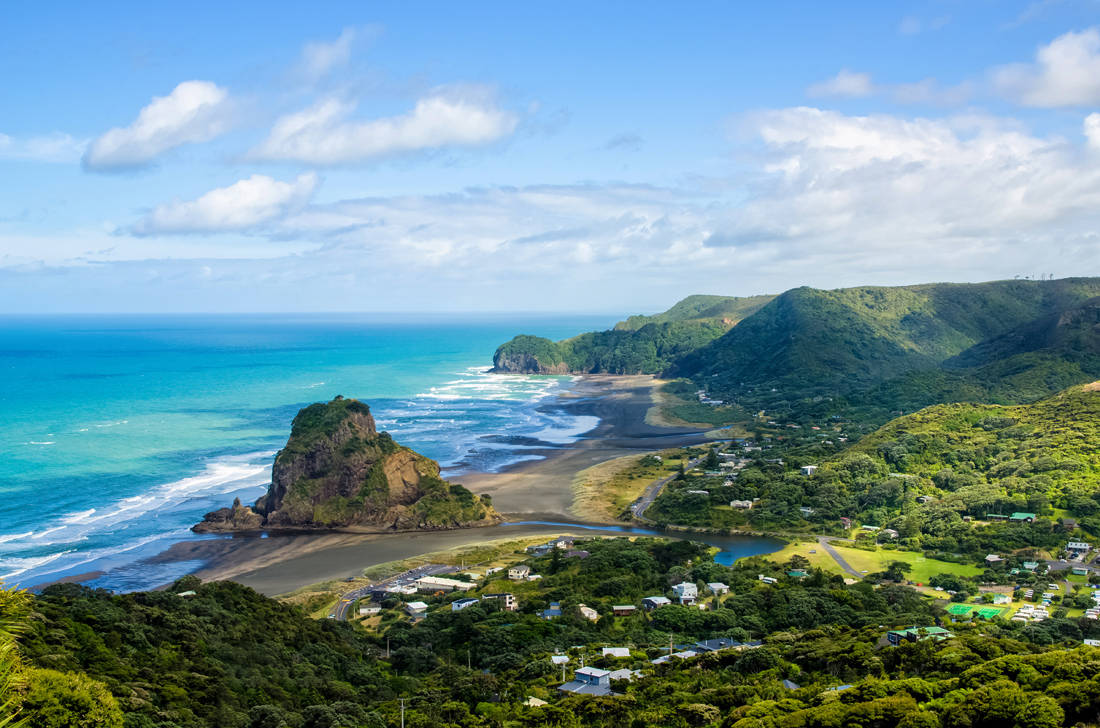
"Plastic bags are banned from the supermarket, you don't see plastic straws and it's trendy to have a reusable water bottle," explains Britain's Jess Tonking, who lives in Queenstown. "I think a lot more about the environment now that I live in New Zealand. I recycle everything, I have limited the animal products I buy and I want to believe that I have a more sustainable lifestyle. "
